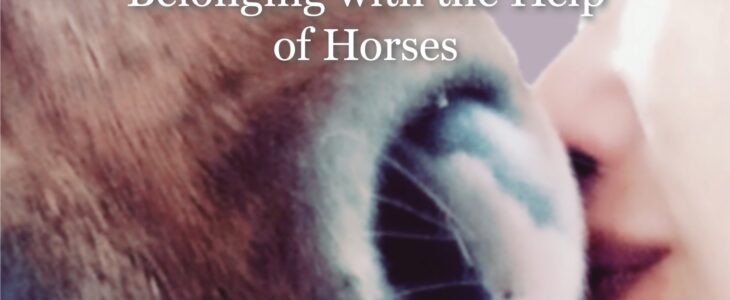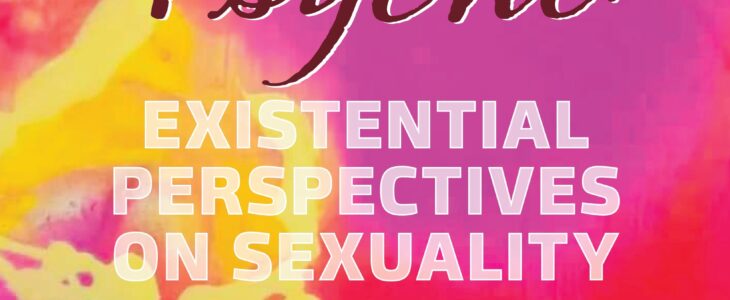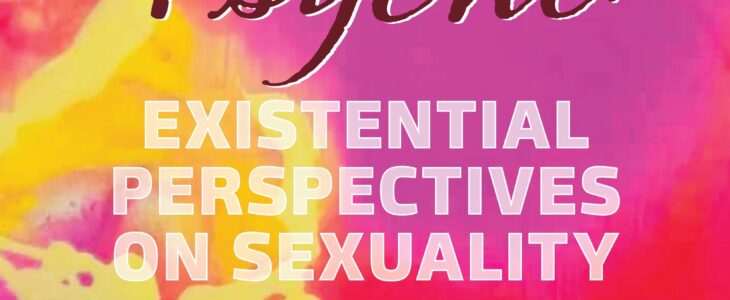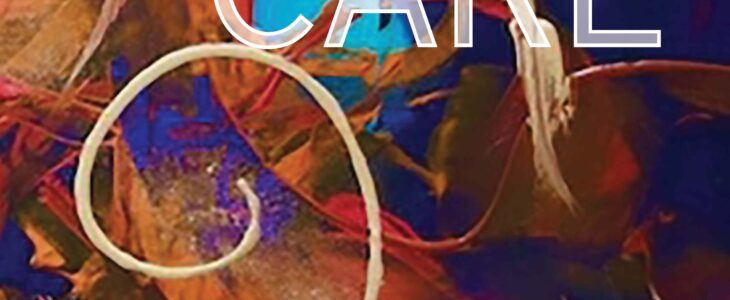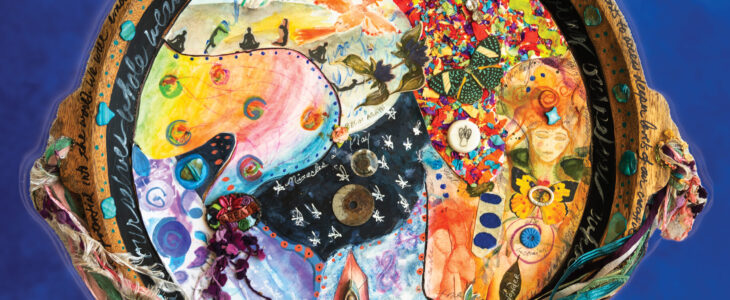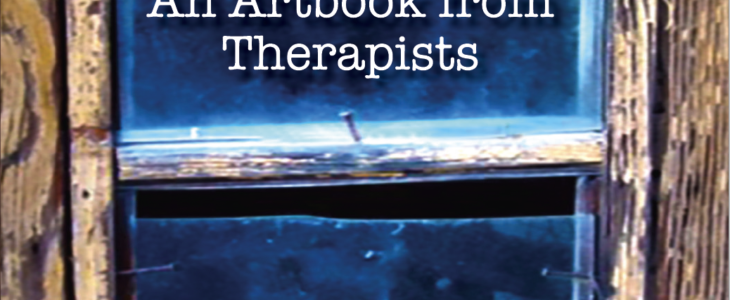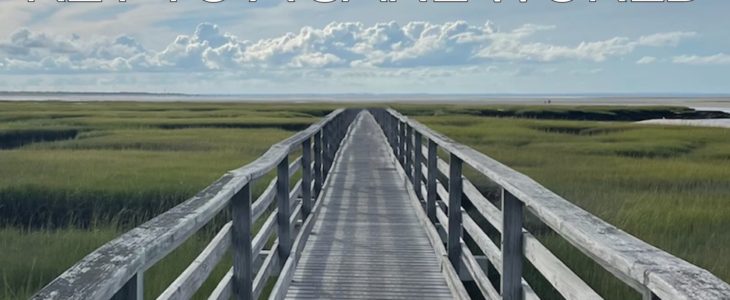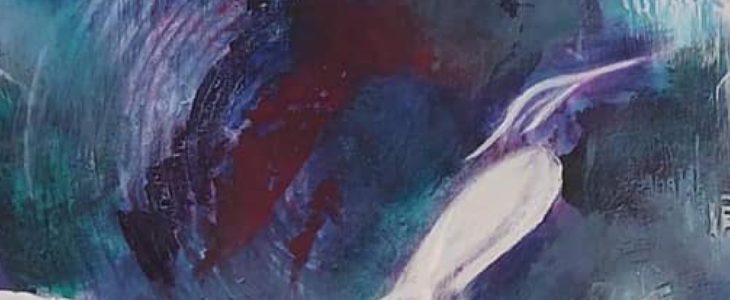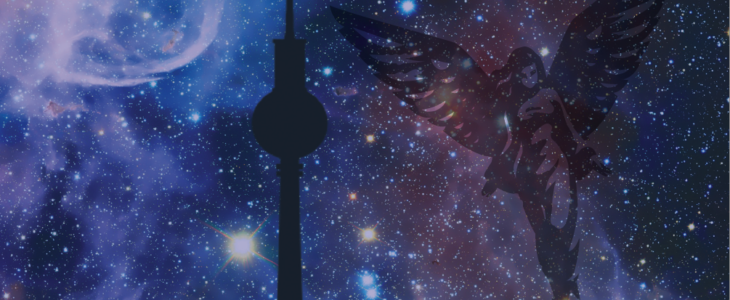
There is a space that resides between girlhood and womanhood. This space contains what is personal, familial, and societal. It is the place that transforms Black girls into Black women. This is also the place that beckons us to create our own identities and definition of Black womanhood. These Black Kids: The Lived Experience of African American Adolescent Girls Writing Poetry uncovers the voices of teen girls writing their way to Black womanhood together. This book exposes the journey of learning strength through vulnerability; (re)defining love and recovering from grief and suffering. These Black Kids offers the writings and lived experiences of three adolescent girls, “Keisha,” “Mishaps,” and “Blue,” as they uncover their muted voices to speak with truth, courage, and conviction. This is the space where the “girlchild” learns what it means to be free. Grounded in phenomenology, Black feminism, lived experience, and the poetic voices of girls and women. This book is indispensable for anyone seeking to integrate culturally responsive poetry into their own teaching, community work, research, counseling practice, coursework, and healing.
